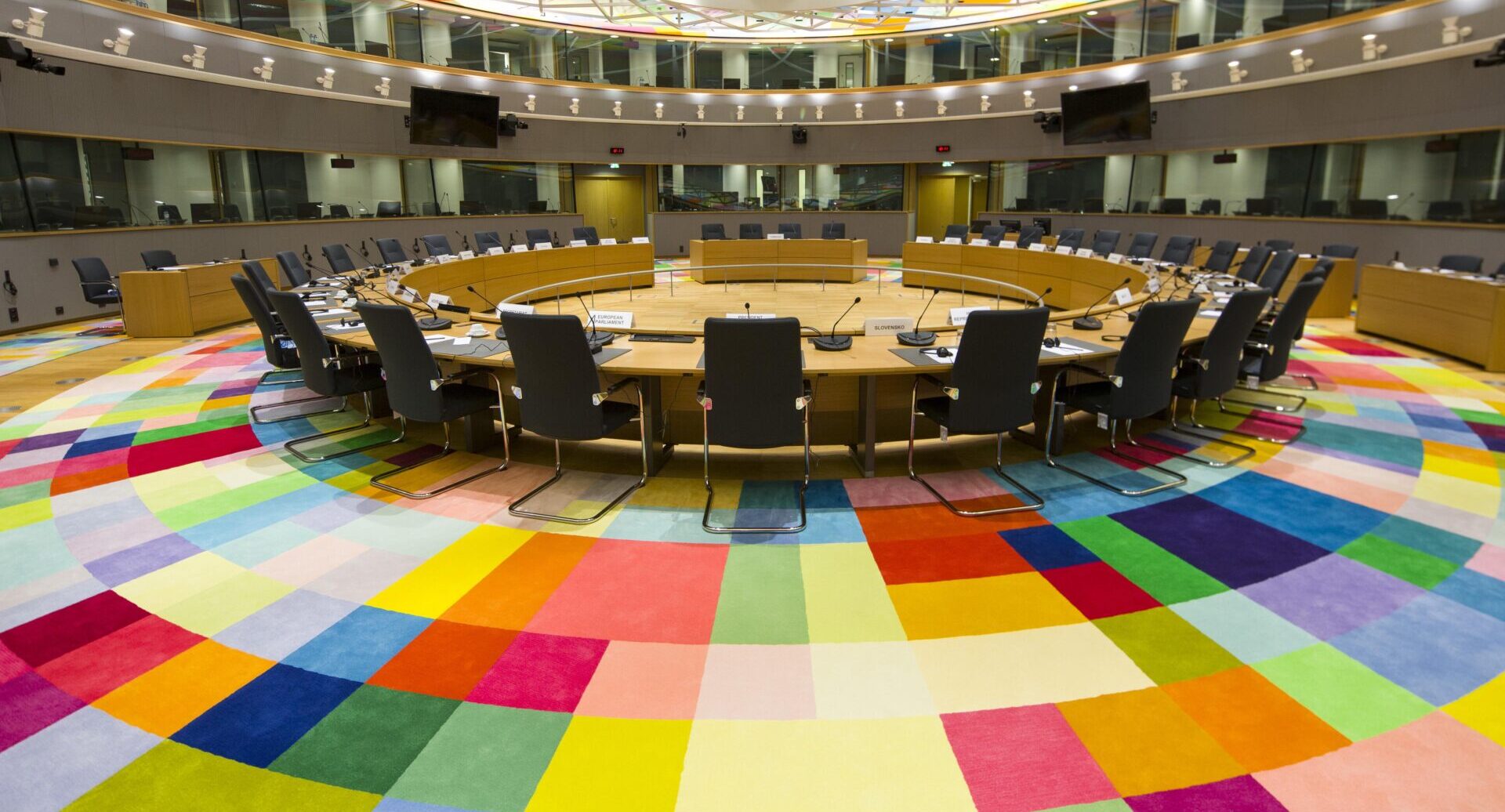On 13 June 2023, the Council of the European Union adopted a new Council Recommendation for ‘stepping up EU actions to combat antimicrobial resistance (AMR)’. The Council Recommendation, which employs a One Health approach, encourages joint efforts across sectors to boost the prudent use of antimicrobials through a series of voluntary measures, with the aim of reducing resistance.
The proposal includes a series of actions to:
- Strengthen national action plans against AMR
- Reinforce surveillance and monitoring of AMR and antimicrobial consumption (AMC)
- Strengthen infection prevention and control as well as antimicrobial stewardship and prudent use of antimicrobials
- Implement and monitor targets for AMC and AMR in human health
- Improve awareness, education and training
- Foster research and development
- Incentivise innovation and access to antimicrobials and other AMR medical countermeasures
- Increase cooperation and global actions.
In a section focused on global actions, Member States are encouraged to “provide development capacity and support AMR actions in Low- and Middle-Income countries, in particular through (…) non-governmental initiatives, such as the International Centre for Antimicrobial Resistance Solutions (ICARS), the Global Antibiotic Research and Development Partnership (GARDP) and ReAct.”
In reaction to the Council Recommendation, Sujith J Chandy, Executive Director at ICARS said:
It is really encouraging that EU Member States have adopted this important proposal to step up EU actions on AMR. I am pleased that the Council Recommendation covers not only European initiatives, but also recognises the need to work at a global level. As LMICs continue to bear the greatest burden of AMR, ICARS has responded to the need by co-developing and implementing context-specific AMR solutions in partnership with LMIC ministries and research institutions. The demand for this collaboration has been overwhelming and the impact of our efforts would be even greater with increased funding support from EU Member States.
The adoption of the recommendation was driven by the Swedish Presidency of the Council. In response to the Council Recommendation, Jakob Forssmed, Swedish Minister for Social Affairs and Public Health said:
We cannot afford to ignore the deadly threat that drug-resistant microorganisms pose to human health. Tackling antimicrobial resistance has been a key priority for the Swedish presidency and today’s recommendation provides EU countries with the tools to monitor and reduce antimicrobial consumption.
Read more in the European Council’s press release.

